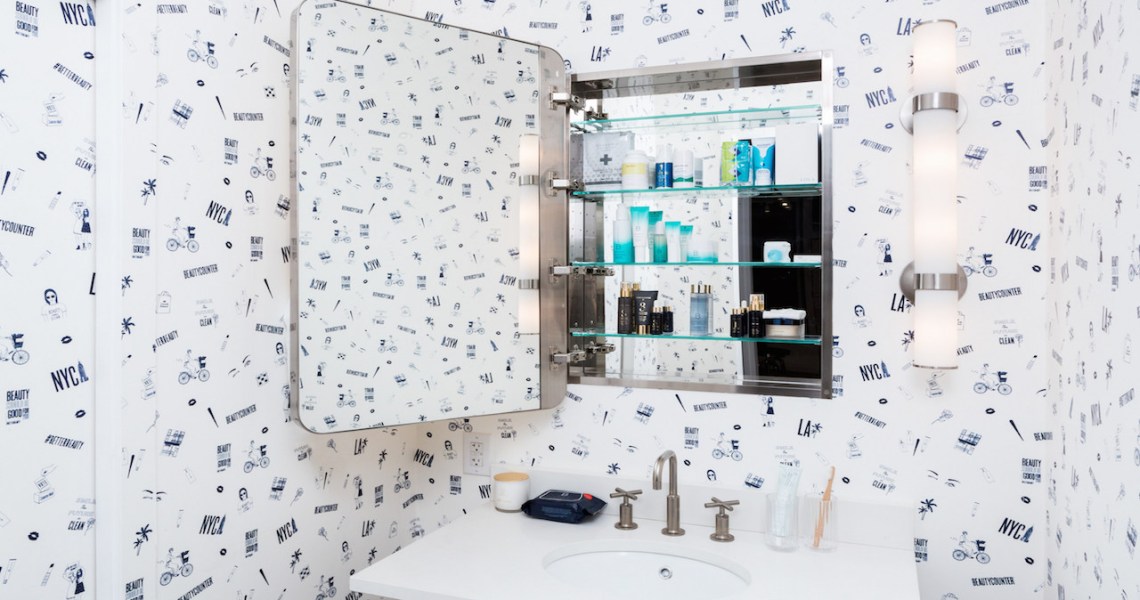As the beauty industry leaves behind 2019 and welcomes a new decade, it will inevitably confront new challenges, trends and opportunities.
Some of these challenges involve regulation of the CBD industry, as the Food and Drug Administration recently added clarification in November to the 2018 Farm Bill and sent warning letters to a variety of CBD purveyors. Beauty’s sustainability initiatives will likely to see continued progress, but obstacles will continue to emerge. Meanwhile, retail will both set new standards around clean beauty and answer consumer demand for certain products like clean cosmetics.
Glossy spoke with a variety of brand founders, retailers and industry insiders to get their insight into what is in store for 2020.
“My 2020 prediction for the CBD industry is that it will be an extremely volatile time. Retailers have taken chances on brands that don’t actually have clout. The FDA is now present, and we will see a lot of brands not make it past the next shift in regulation. There will be a lot of lawsuits, as we just saw some of the biggest companies get hit with class-action lawsuits. Ultimately, the CBD industry is still in its infancy, and it will be a defining year.” –Olivia Alexander, Kush Queen founder
“We expect to see an increased emphasis on testing of both raw materials and finished products, due to consumer frustration and FDA action.We also expect thoughtful formulation and the dominance of top-tier brands that are putting the necessary resources toward creating best-in-class products.” –Ashley Lewis and Meredith Schroeder, founders of CBD retailer Fleur Marché
“I predict that banks and payment systems will become more user-friendly. For example, toward the end of 2019, we saw platforms like Shopify and Square allow CBD brands to use their payment processing service. 2020 looks to be the year that CBD brands will be able to operate their DTC businesses like any other beauty or lifestyle brand.” –Casey Georgeson, Saint Jane founder and CEO
Retail and brick-and-mortar
“In 2020, more retailers will follow Credo and institute new guidelines around ingredient disclosure in fragrances, and more brands will make the smart and proactive move to do the same. The biggest entrant in the past year was Henry Rose, and while they certainly were not the first to disclose their ingredients, their noise has helped shine a positive light on the need for ingredient disclosure.” –Eric Korman, Phlur fragrance founder
“There will be more clean color innovation in 2020. On the clean beauty retail side, we’ve been looking for more makeup options for a while. It will help as we grow our own businesses because traditional beauty retailers have more makeup, and in clean retail, we haven’t had the chance to be competitive. Women aren’t going to switch from conventional products until they have as many choices.” –Tara Foley, Follain founder
“Next year will be the year of the spa — both the day spa and the medspa. The modern daily routine continues to be defined by being indoors, staring at screens and sitting in chairs. This lifestyle has consequences — stress, blemishes, tension, aches, etc. Spas will benefit as consumers turn to services more than ever to feel relaxed.” –Damir Becirovic, Index Ventures principal
Sustainability
“I think we are moving toward a more conscious way of producing beauty, particularly hair products, to reduce plastic use but also water. I’m a big fan of waterless products, and we’re seeing quite a few brands doing a wonderful job around that, which is going to be exciting.” –Christophe Robin, Christophe Robin hair care founder
“I predict that we will continue to face an innovation challenge to address consumers’ growing environmental concerns when it comes to how products are delivered, used and disposed of. I expect to see more innovative packaging solutions, recycling initiatives and use of more sustainable materials across the board.” –Nancy Mahon, The Estée Lauder Companies svp of global corporate citizenship and sustainability
“We predict a rise of innovation around recycled plastics and upcycled materials along with more transparent communication about what sustainability truly means to companies. As consumers are becoming far more environmentally aware, they are demanding transparency in ingredients and sourcing practices, and demanding that all companies adopt more sustainable practices” –Greg Gonzalez and Joe Cloyes, Youth To The People co-founders




